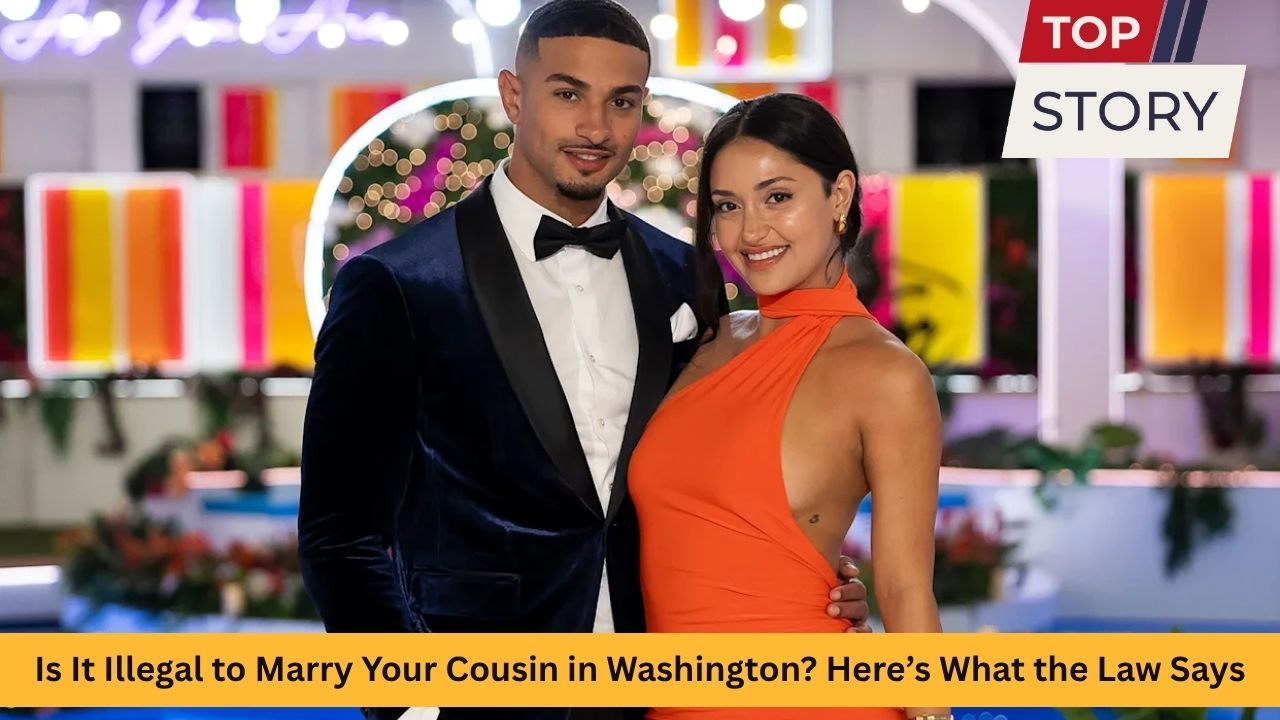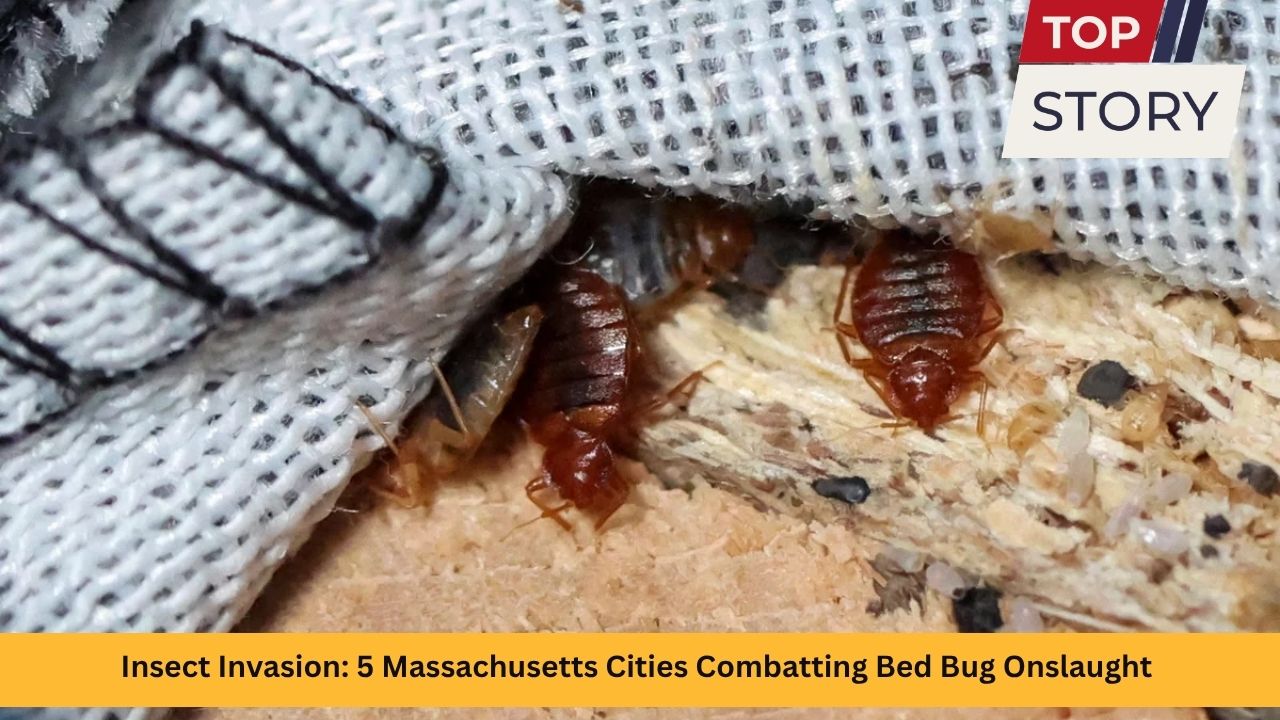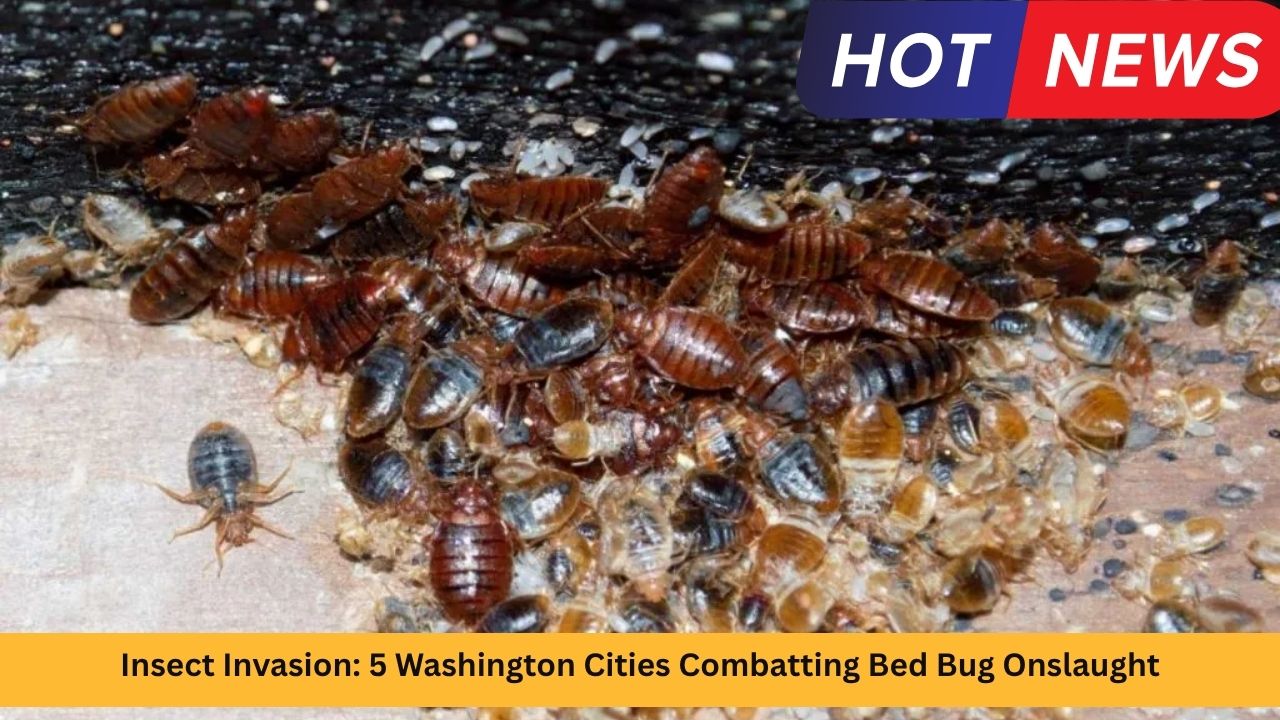Marriage laws in the United States vary significantly from one state to another. In Washington, the topic of cousin marriage occasionally raises eyebrows, especially in cities like Seattle and Spokane. This article explores the legal landscape, cultural perspectives, and societal implications of cousin marriage in the Evergreen State.
Understanding Cousin Marriage
Cousin marriage generally refers to a union between two people who are related by blood, typically as first cousins. Here’s a quick breakdown:
-
First cousins: Share a set of grandparents.
-
Second cousins: Share great-grandparents, with a more distant genetic link.
While cousin marriages are common in certain cultures worldwide, U.S. states take varying approaches when it comes to their legality.
Legal History of Cousin Marriage in the U.S.
Historically, cousin marriages were widely accepted in colonial America. However, by the late 1800s and early 1900s, social reform and genetic concerns led many states to outlaw them.
Today:
-
Fewer than half of U.S. states allow first cousins to marry.
-
Some states impose conditions such as age restrictions or genetic counseling.
-
Others have outright bans.
The Law in Washington State
Washington’s Revised Code clearly outlines prohibited familial relationships in marriage. According to RCW 26.04.020:
-
First cousin marriages are illegal, whether full or half cousins.
-
Marriages are only permitted between individuals second cousins or more distantly related.
Prohibited Marriages Include:
-
Siblings
-
Parent and child
-
Grandparent and grandchild
-
Aunt/Uncle with niece/nephew
-
First cousins (both full and half)
What About Cousins Once or Twice Removed?
Washington also prohibits marriages involving:
-
First cousins once removed (e.g., your cousin’s child or parent)
However, second cousins and beyond are legally allowed to marry in Washington.
Recognition of Out-of-State Cousin Marriages
Washington generally does not recognize cousin marriages legally performed in other states if those unions would be illegal under Washington law. For example, a couple legally married as first cousins in California would not be considered legally married if they move to Washington.
Cousins Living Together or in a Relationship
While marriage is prohibited, Washington does not criminalize consensual relationships or cohabitation between cousins. However, couples may face complications in:
-
Estate planning
-
Health decisions
-
Immigration
-
Child custody or inheritance
Why States Ban Cousin Marriage
Common Reasons:
-
Genetic risks: Higher chances of inheriting recessive diseases
-
Religious and social norms
-
Concerns about familial power structures or abuse
Studies show the increased risk of birth defects among children of first cousins is real but not extreme—typically 4-7%, compared to 3-4% among unrelated couples.
Key Statistics and Facts
-
0.2% of all U.S. marriages are between second cousins or closer.
-
Roughly 250,000 Americans are married to a cousin.
-
Rates are higher among immigrant populations.
-
Due to Washington’s ban, cousin marriage rates are nearly zero in the state.
How Washington Compares With Other States
| State | First Cousin Marriage Legal? |
|---|---|
| Washington | No |
| Oregon | No |
| Idaho | No |
| California | Yes |
24 states, including Washington, ban first cousin marriages.
19 states allow them.
Others impose restrictions such as age or medical counseling.
Major Cities and Family Law Concerns
Legal inquiries related to cousin marriage often arise in urban areas such as:
-
Seattle
-
Tacoma
-
Spokane
-
Bellevue
-
Redmond
Family law attorneys are often approached for:
-
Immigration issues
-
Recognition of foreign marriages
-
Custody disputes
-
Annulments
Cultural Perspectives on Cousin Marriage
Cousin marriage is common in parts of:
-
South Asia
-
The Middle East
-
Africa
These unions are often based on preserving family wealth or tradition. In contrast, Western society largely stigmatizes cousin marriage, including in Washington.
History of Family Law Reform in Washington
Washington’s ban on cousin marriage has remained consistent for decades. Though genetic science has challenged some assumptions about health risks, no major legislative efforts to overturn the ban have succeeded.
Addressing Common Myths About Cousin Marriage
-
Myth: Cousin marriage always leads to birth defects.
Fact: Risk is slightly elevated but not guaranteed. -
Myth: All cousin marriage is illegal in the U.S.
Fact: Nearly 20 states allow it. -
Myth: Living with your cousin is illegal in Washington.
Fact: It is legal, even if marriage is not.
International Residents and Washington Law
Many newcomers from countries where cousin marriage is common face challenges in Washington. For those already married abroad, options include:
-
Cohabitation agreements
-
Domestic partnerships
-
Legal counsel for estate planning and custody
Cities like Seattle and Bellevue frequently serve global professionals who may face these dilemmas.
Marriage License Application in Washington
To marry in Washington:
-
Apply at a county office (e.g., King County, Spokane County)
-
Affirm you are not related closer than second cousins
-
Falsifying relationship status can lead to denied licenses or annulment
Genetic Risks and Legal Policy
Fear of genetic disorders has played a significant role in cousin marriage bans. While the risks are increased, they are not extreme. Still, Washington’s policy errs on the side of caution and prohibits marriage between close relatives.
Religious Influence and Social Norms
Religious beliefs influence both individual attitudes and public policy:
-
Christian denominations may discourage cousin marriage.
-
Islam generally permits it.
-
U.S. laws tend to follow prevailing Western cultural norms, not religious law.
Exceptions and Special Cases
Washington does not provide exceptions for:
-
Age
-
Infertility
-
Consent
All marriages between first cousins—full or half—are prohibited without exception.
What About Second Cousin Marriage?
Washington permits second cousin marriages. These unions are legal statewide, including in cities like:
-
Everett
-
Yakima
-
Bellingham
-
Vancouver
Annulments and Invalid Marriages
If a prohibited marriage is discovered after the fact, it can be annulled in court. This invalidates the marriage as if it never happened, and impacts:
-
Spousal rights
-
Property division
-
Inheritance
Implications for Families and Children
For families formed through cousin unions from other regions:
-
Parental rights and child legitimacy may require legal steps.
-
Immigration and inheritance may face obstacles.
-
Legal recognition of the relationship is not guaranteed.
Current Debates and Future Trends
With a growing multicultural population and scientific developments, some call for reevaluating cousin marriage laws. For now, Washington law remains unchanged, barring all marriages closer than second cousins.
Legal Resources and Where to Get Help
For guidance, Washington residents can consult:
-
Washington State Bar Association
-
Local legal aid clinics in Seattle, Tacoma, or Spokane
-
Family law attorneys experienced with immigration or multicultural marriage
Wrapping Up: Key Takeaways for Washington Residents
-
First cousin marriage is illegal in Washington.
-
Second cousin and more distant marriages are legal.
-
Washington does not recognize first cousin marriages performed elsewhere.
-
Cousins can live together or have relationships, but not marry.
-
Legal help is strongly advised for those in complex family situations, particularly immigrants.













Leave a Reply